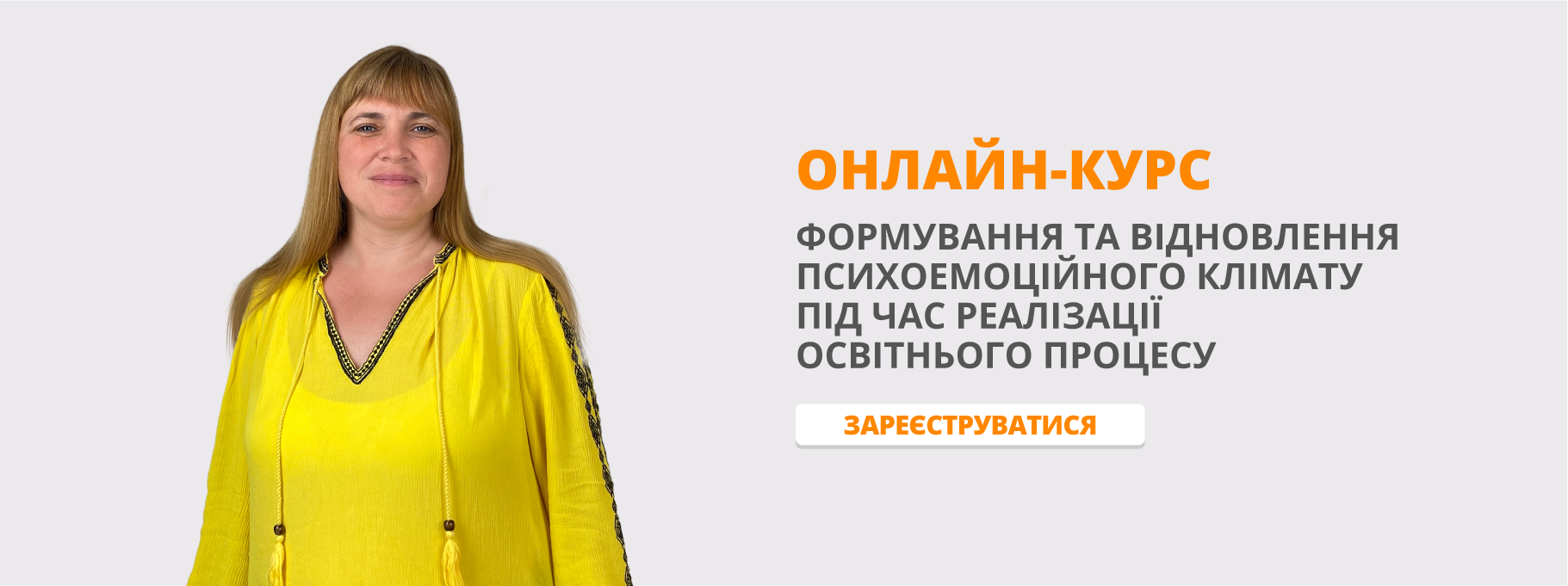Контрольна робота з англійської мови 7 клас Test READING
JANE EYRE
A woman met me in Lowood school. She took my things and we walked to a big house. We went into the house. A teacher came and took me by the hand. The woman went away with my things and the teacher took me into a long room with a lot of large tables round it. Girls of nine to twelve years old sat on benches round the tables. They all had brown dresses on. It was dark and cold in the room.
"Sit down on one of the benches," said the teacher. "The girls are learning their lessons for tomorrow. They will soon finish and you will have supper. Then you will go to bed."
For supper we had a piece of bread and some water. After that we marched to the bedroom. It was a large room with many beds. Two girls slept in each bed. In ten minutes the teacher took away the light. The night passed quickly. In the morning it was very cold in the room. We washed our faces in water with ice. Then we marched to the cold schoolroom where lessons began. We read the Bible and did exercises in our exercise-books. This lasted for an hour. Then we marched to another room for breakfast. After breakfast there was reading, writing, history and geography. Before dinner we went into the cold, windy garden for an hour.
For dinner we had some bad meat and potatoes. I ate what. I could. Then we marched back to the schoolroom and had our lessons till five o’clock. The next day began as before, but we could not wash. The water in the washroom was ice.
During January, February and March there was much snow in the garden. We had no boots and could not walk far. The rooms were very cold. The food was bad and in spring many of the pupils were ill with typhus. In May Lowood school was a hospital. We had no lessons. Many pupils went home and died there. Some girls died in the school.
marched - йшли строєм; took away - забрала; ice - лід; lasted - тривало; writing - письмо; were ill with typhus - захворіли висипним тифом.
Task 1. Put « +» if the statement is true and « - » if the statement is false.
- A man took my things.
- The teacher took me into a short room.
- Girls sat on chairs. It was very cold in the room.
- We didn’t go into the windy garden.
- The water in the washroom wasn’t warm.
- For dinner we had some bad meat and potatoes.
Task 2. Choose a correct variant.
- The room was with many…
a) chairs; b) windows c) tables
2. The girls were dressed in…
a) uniforms; b) dresses c) skirts and blouses.
3. We had a piece of bread …
a) for supper; b) for dinner; c) for lunch.
4. We read…
a) the Bible; b) the text; c) the book.
5. In May school wasn’t…
a) a sad place; b) a hospital; c) a happy place.
6. Many pupils didn’t…
a) feel fine; b) go home; c) go from the school to die.
My friend
My best friend's name is Susan. She is twelve years old. We live in the neighbouring houses and play in the same yard. We are classmates. So we can see each other every day,
Susan is a slim and pretty girl. She is not very tall. She has got long dark curly hair, blue eyes and a straight nose. Susan is kind and careful. She is always ready to help me if I need it. She is very good at Maths, so we often do our homework in Maths together.
Susan is always honest with her parents, teachers and friends. She loves animals. There is a cat in her house and Susan takes care of him.
We spend a lot of time together. We go to school and come back home together; we go to the cinema at the weekend together, too. In the evening, we often phone each other. I am happy that I have got such a nice friend as Susan.
1. Fill in the gaps.
a) We live in the________________houses.
b) We____________ in the same yard.
c) Susan is ready_______________me if I need it.
d) She is____________with parents, teachers and friends.
e) We go to the________________at the weekend.
f) We phone each other in the___________________
2. Correct the sentences.
1. Susan is ten years old. ____________________________________________________
2. She has got short fair hair._________________________________________________
3. Susan is good at Biology.__________________________________________________
4. She has got a parrot as a pet.________________________________________________
5. The girls never go to school together._________________________________________

про публікацію авторської розробки
Додати розробку
